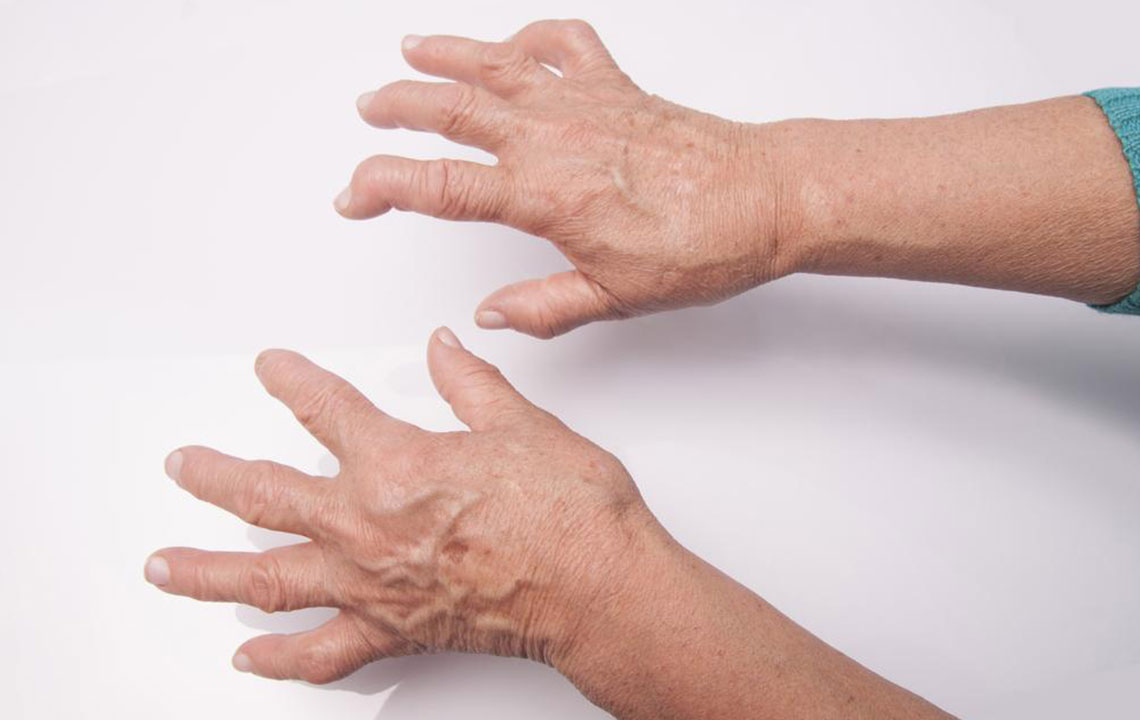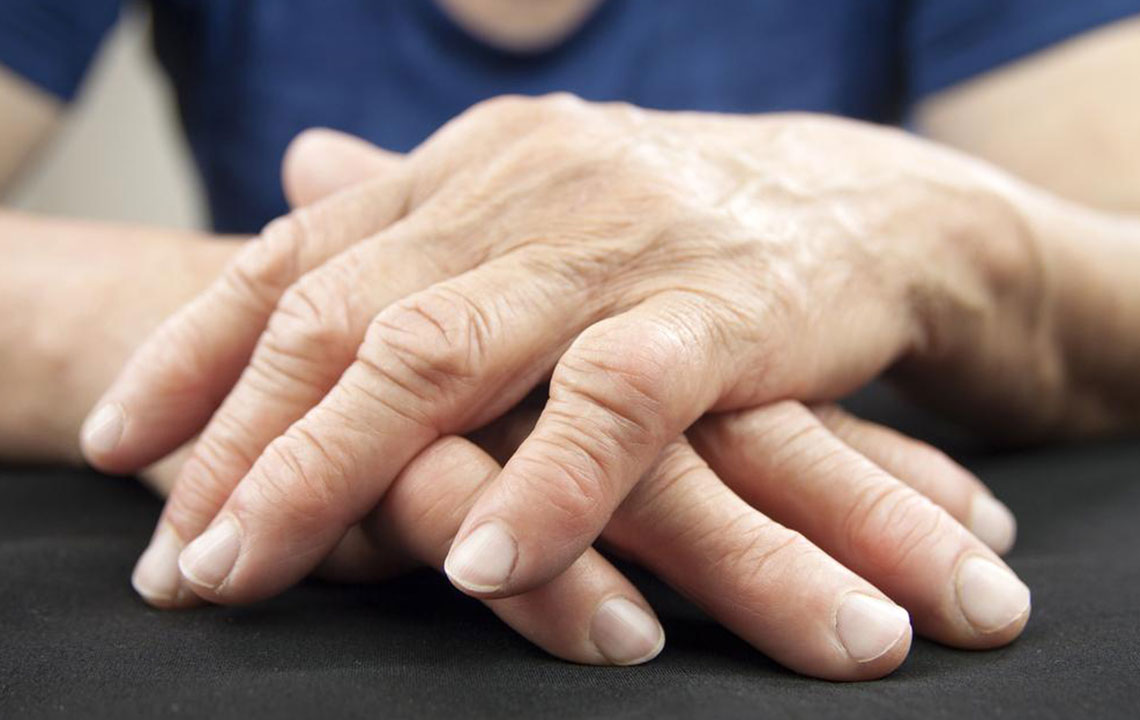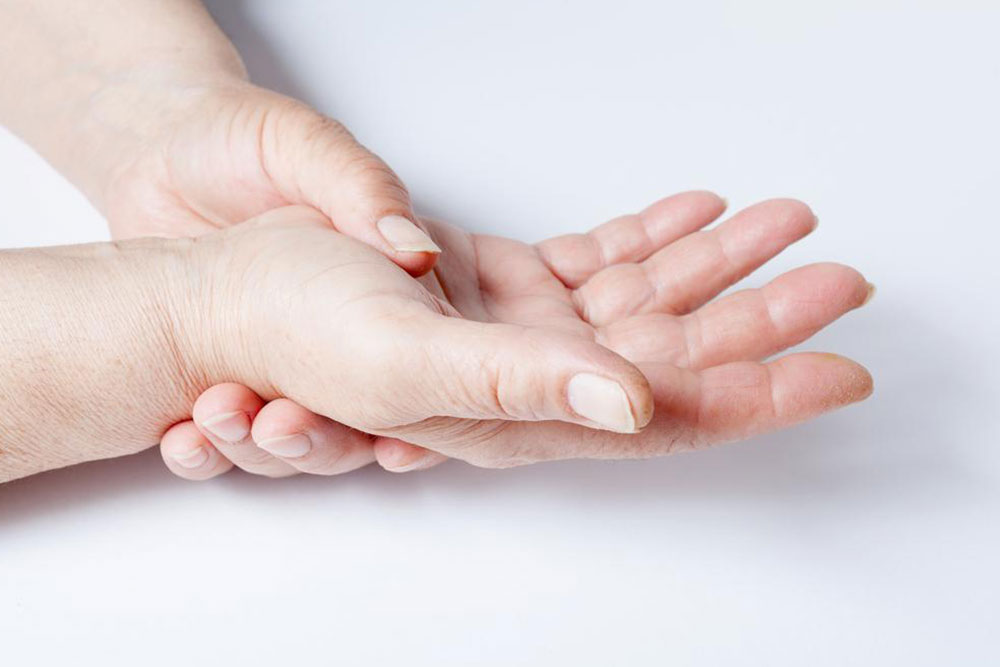Top 6 Lifestyle Tips to Manage Rheumatoid Arthritis Effectively
Learn about six essential lifestyle adjustments to help manage rheumatoid arthritis, including dietary tips and daily habits. Avoiding high sugar and processed foods, reducing intake of red meats, and selecting appropriate footwear can significantly alleviate symptoms. These practical tips support better joint health and improve overall well-being for those living with RA. Always seek professional medical advice for personalized care.

Top 6 Lifestyle Tips to Manage Rheumatoid Arthritis Effectively
Rheumatoid arthritis (RA) is a persistent inflammatory disorder affecting people of all ages. It often causes joint pain in areas like wrists, ankles, toes, and fingers, impacting daily life. While treatments are available, managing the condition involves making mindful lifestyle choices. This article highlights key foods and habits to avoid for better symptom control and improved quality of life.
High Sugar Intake
Consuming foods high in processed sugars, such as sodas and sweets, can exacerbate RA symptoms. Reduced sugar consumption may help lessen inflammation and discomfort.
Even those without RA should limit added sugars to lower their risk.
Processed and Packaged Foods
Foods like cereals, baked goods, and ready-to-eat meals often contain preservatives, excess salt, and unhealthy fats that can promote inflammation and worsen symptoms. Reducing intake can also support overall heart health.
Red and Processed Meats
Studies indicate that red meats and processed meats can increase inflammation, potentially triggering or worsening RA symptoms. Opting for plant-based or lean proteins is recommended.
Gluten, present in wheat, barley, and rye, may also contribute to increased inflammation in some individuals. A gluten-free diet could help alleviate symptoms, but consultation with a healthcare professional is advised.
Lifestyle adjustments are equally crucial:
Overexertion
Exercising excessively can lead to fatigue and joint pain. Moderation and regular rest are vital to avoid aggravating symptoms.
Comfortable Footwear
Choosing supportive and comfortable shoes can reduce joint strain and help manage pain effectively.










